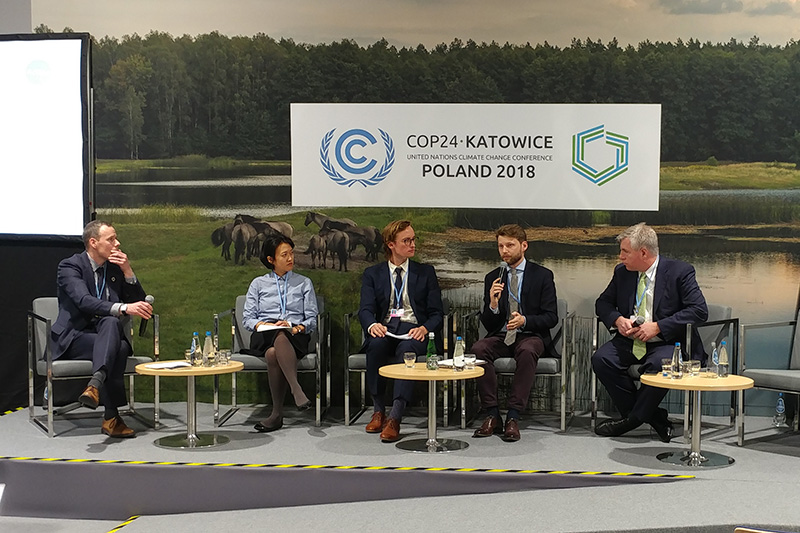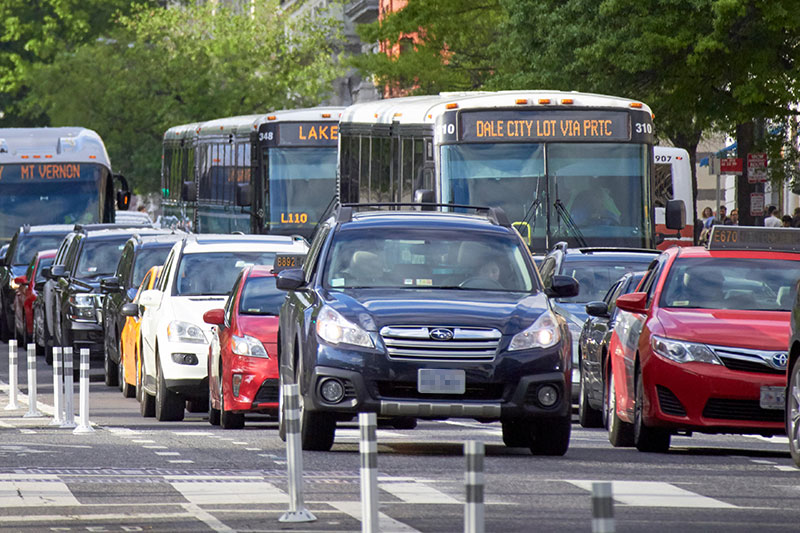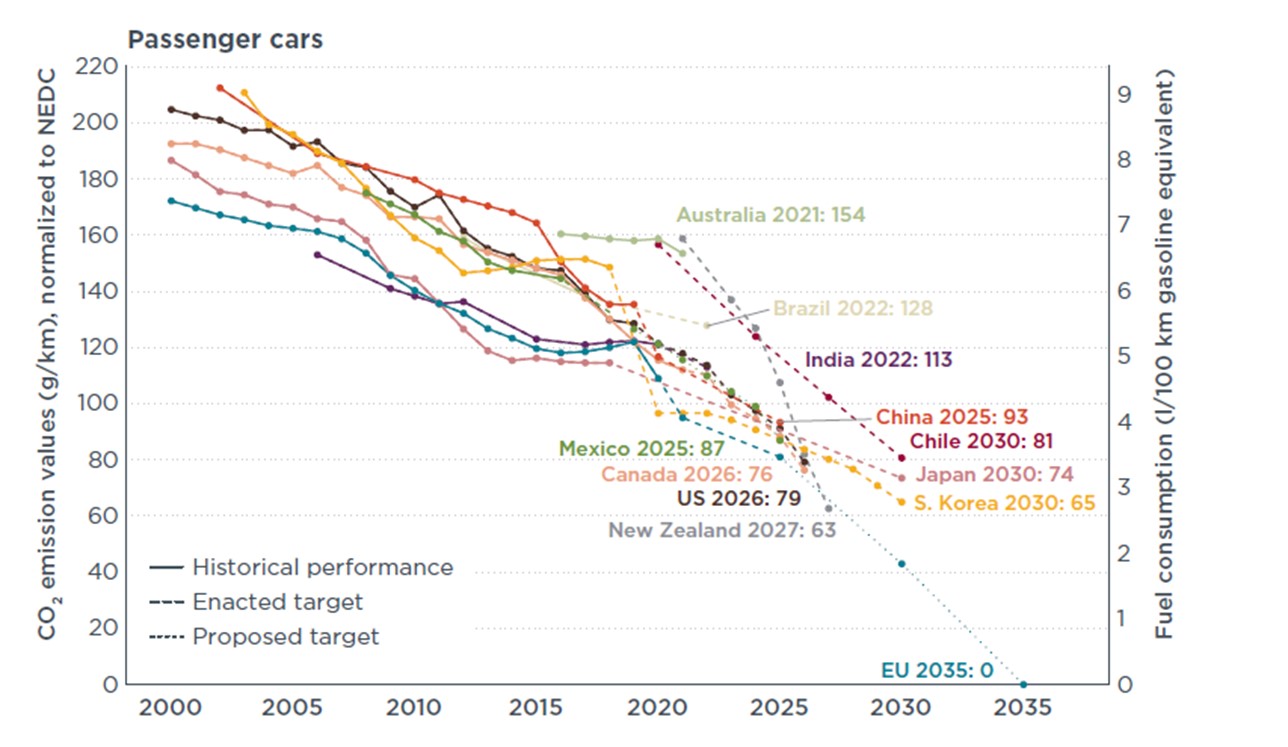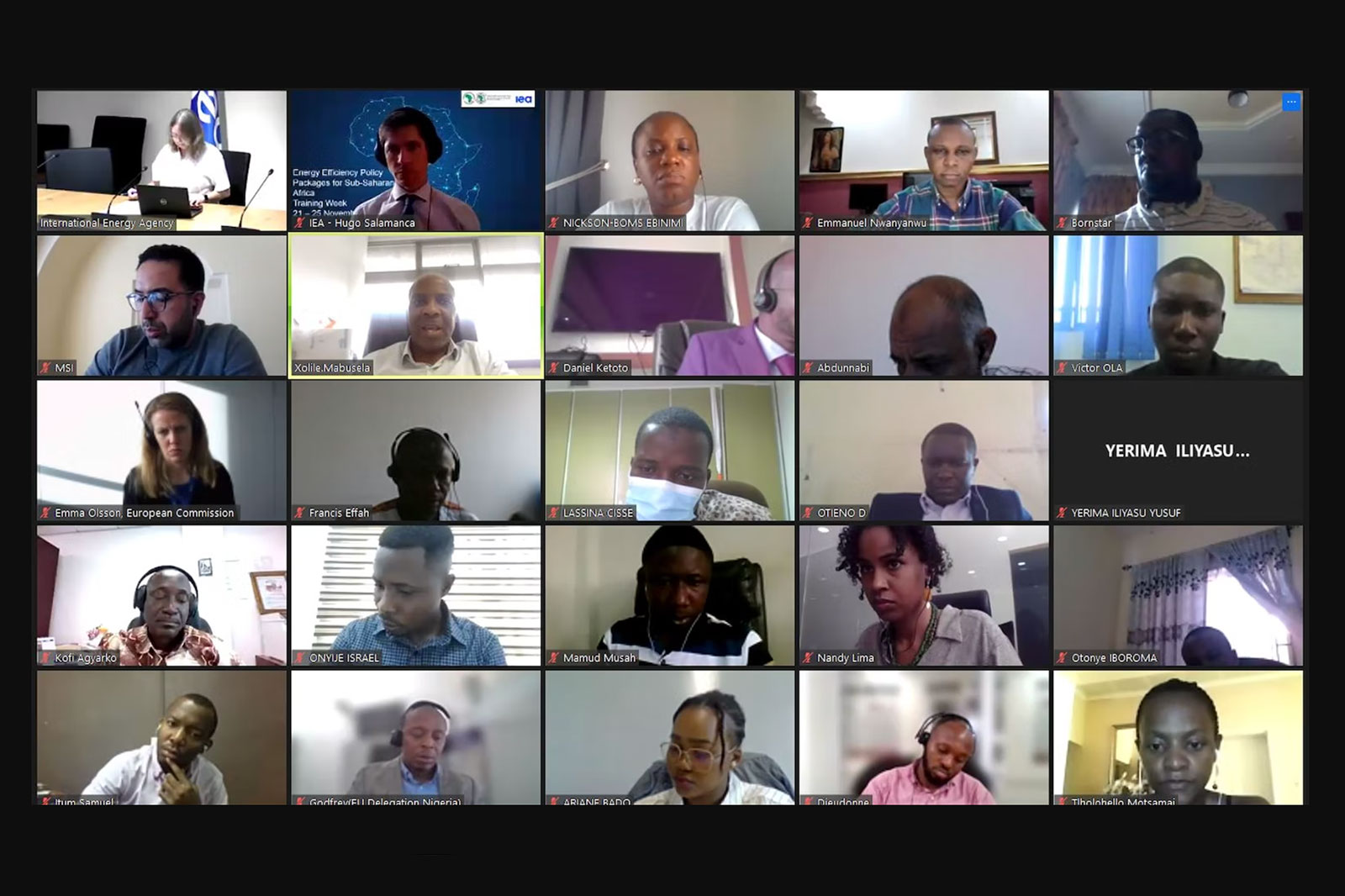COP24 Climate Change talks in Katowice
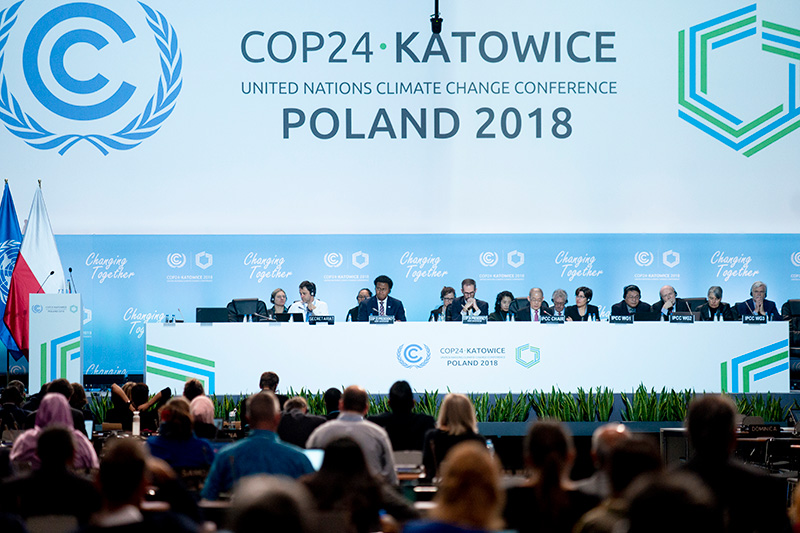
The Global Fuel Economy Initiative have again been highlighting progress in reducing vehicle CO2 emissions at the COP24 Climate Change talks in Katowice, Poland.
At COP21 in Paris in 2015, GFEI made a bold commitment to rapidly expand the number of countries that we provide policy support and capacity-building in order to ensure that emerging markets, where vehicle sales are likely to increase in the coming years, have effective policies in place. This was known as ‘100 for 50 by 50’, a reference to GFEI’s target to half average fuel consumption by 2050 for all vehicles (and 2030 for new vehicles). GFEI recently published a report summarising progress, and setting out how cutting vehicle emissions is vital for addressing climate change.
Since that report was published in September, GFEI has continued to work with countries and regions to accelerate fuel economy policy. This includes supporting a recent workshop in Ghana discussing draft electric mobility proposals, working with partners to support APEC countries to share experiences. Recent progress includes the new ASEAN fuel economy roadmap and proposals for fuel economy labelling in the Philippines.
At COP24, GFEI took part in the Global Climate Action - Transport Action Event, which will be making recommendations for opportunities to cut emissions from transport. As part of the section on Low Carbon Energy Strategies for Transport, Caroline Lee from GFEI partner the International Energy Agency (IEA) set out the continued importance of fuel economy policy for cutting emissions, and the massive potential benefits, including financial savings and air quality impacts. As GFEI has shown, fuel economy policy has a track record of real reductions in emissions and it is vital that donors continue to prioritise support for vehicle efficiency policy.
Speaking as part of the panel discussion, Caroline Lee said: “there are still unrealised benefits that can be reaped from implementing the best practice, highest efficiency, fuel economy standards around the world. This is why GFEI partners have set ambitious targets to accelerate the uptake of these best practice efficiency standards”.
“Fuel economy is key. In addition, if we are to meet the very deep decarbonisation targets from the transport sector, switching away from Internal Combustion Engines to more efficient electric vehicles will be important” she added.
GFEI is also featured in a new Transport and Climate Change Global Status Report (TCC-GSR) report published by the Sustainable Low Carbon Transport (SLoCaT) partnership, which aims to be a resource for policy-makers to raise ambition on climate mitigation and adaptation in sustainable transport plans and programs.
